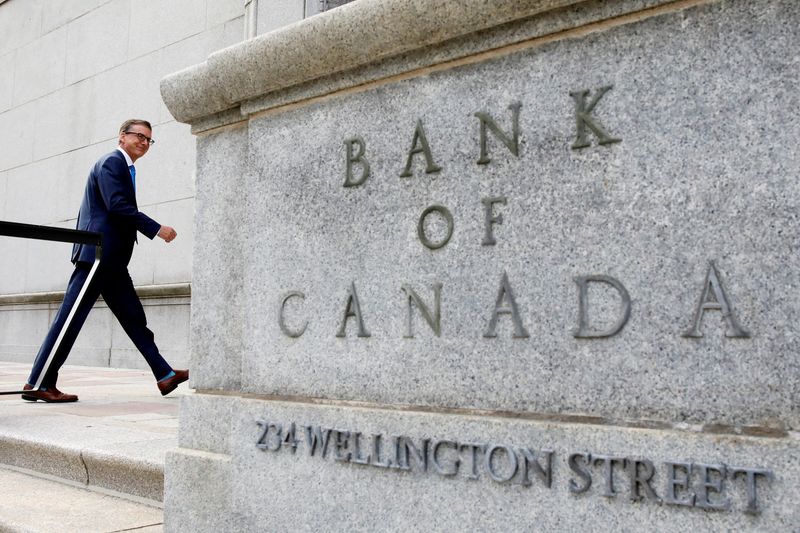Decision on rate will depend on economic indicators-Bank of Canada
2022.12.08 13:28
[ad_1]

Decision on rate will depend on economic indicators-Bank of Canada
Budrigannews.com – A deputy governor of the Bank of Canada said on Thursday that the bank will look at the most recent economic data to decide whether or not to raise interest rates further. He also said that the bank would still move quickly if necessary.
On Wednesday, the central bank signaled that its unprecedented tightening campaign was coming to an end by raising its benchmark overnight interest rate by half a percentage point to its highest level in nearly 15 years.
In a speech delivered in Montreal, Deputy Governor Sharon Kozicki stated, “We expect our decisions to be more data-dependent,” adding that the bank is still prepared to be “forceful” with rates if necessary. We are shifting our focus from how much to raise interest rates to whether or not to.”
To combat inflation that is far above its target, the central bank has raised rates at a record rate of 400 basis points in nine months to 4.25 percent, the level it last achieved in January 2008.
“Governing Council agreed that the economy still needs a more sustained moderation of demand,” Kozicki stated, “with the labor market still tight and businesses still finding it easy to raise their prices.”
The bank said that growth was still strong and labor markets were tight on Wednesday, but it dropped the forward guidance it had been using since it started raising rates in March and dropped language that said they would have to go up even more.
More US imposes sanctions against Turkey
Kozicki stated that inflation, which reached 6.9% in October, “remains too high” at more than three times the target of 2% set by the bank. However, Kozicki stated that core inflation three-month rates have decreased to approximately 3.5 percent, indicating “that momentum in inflation is easing.”
According to Kozicki, discussions prior to the rate hike on Wednesday focused on the resolution of supply challenges, the slowdown in demand caused by higher rates, and the development of inflation and inflation expectations.
She stated that softening demand in interest-rate-sensitive areas like housing activity and continued strong growth in the third quarter are indications that tighter monetary policy is “working to rebalance supply and demand.” On January 25, the next meeting to set policy will take place.
In an effort to increase transparency, Kozicki reiterated that the bank will begin publishing a “summary of deliberations” the following year.
The Canadian dollar was up 0.5 percent at 1.3580 to the United States dollar, or 73.64 cents.








